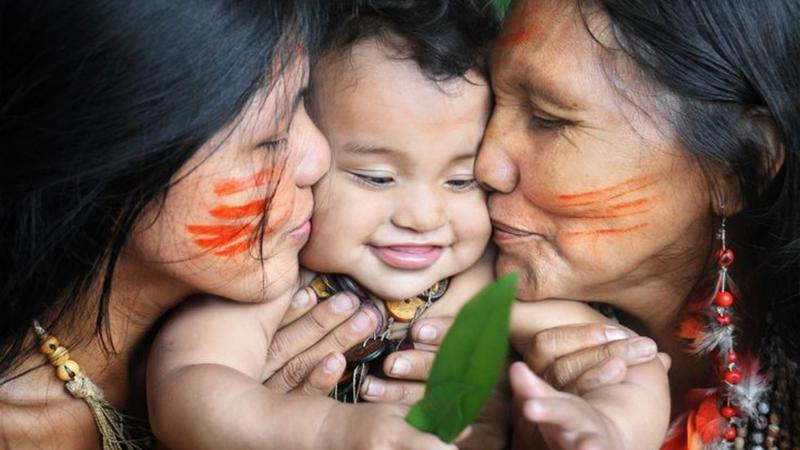
New developments to Jordan’s Principle leaves no First Nation child behind
The Canadian Human Rights Tribunal has expanded the definition of First Nations with regard to receiving services through Jordan’s Principle.
The principle ensures First Nations children can access all public services in a way that is reflective of cultural needs and historical disadvantages without experiencing any service denials,
First Nations children eligible to receive services through Jordan’s Principle now include those who are recognized by their nation and those with a parent who has status, and all persons eligible under S-3 are immediately eligible for Jordan’s Principle. The ruling was issued on July 17.
Shelly Rowland, mental health youth mentor with Flying Dust First Nation told meadowlakeNOW prior to the latest ruling, children were being denied support because they were not First Nation status. Some children living off reserve and those who have not lived on a reserve may be unaware of how to access support through Jordan`s Principle.



